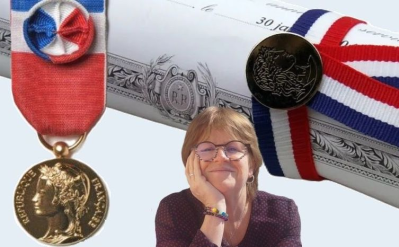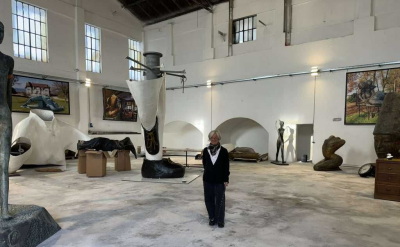The Vietnamese film industry: past, present and future
In October 1995, Othello Khanh arrived in Saigon armed with a Hi8 camcorder, a Walkman, a tripod and a revolutionary attitude. After completing a documentary on the Zapatista uprising in Mexico, which saw him living among the rebel forces, the young guerrilla filmmaker's arrival in Vietnam coincided with the lifting of the American embargo, marking a new departure for Vietnamese cinema.
Over the past 22 years, he has played a key role in the development of the local film industry, growing from producing just two films a year to over 50 films on more than 300 screens across the country. Like the industry itself, Othello's production resources have grown considerably, and we recently caught up with him at his studios in Binh Thanh district, where he is the founder of CREATV, to discuss the emergence of Vietnamese cinema and the obstacles overcome along the way. As Vietnam's longest-established private production company, CREATV has produced and directed award-winning films, and provided consulting services for Hollywood movies shot in the country, such as Kong: Skull Island (2017) and The Last Airbender (2010).
"When I arrived, only Vietnamese state studios had production rights," explains Othello. "But as the country opened up, the studios needed foreign expertise to operate their services, because on the one hand, there were foreign productions coming to make projects in Vietnam, and on the other, advertising agencies with major clients like Coca-Cola, Pepsi and Unilever all had to set up shop and needed services."
He was told right from the start that his skills would be of great benefit to the country in advertising and commercial work. It was then that he was introduced to the technical challenges of early cinema in Vietnam. "We used to shoot commercials on film, and development was a bit difficult because the lab didn't have a generator and it often stopped when we went to develop our film. So we would go abroad to develop in Bangkok and bring the film back."


















No comment
Log in to post comment. Log in.